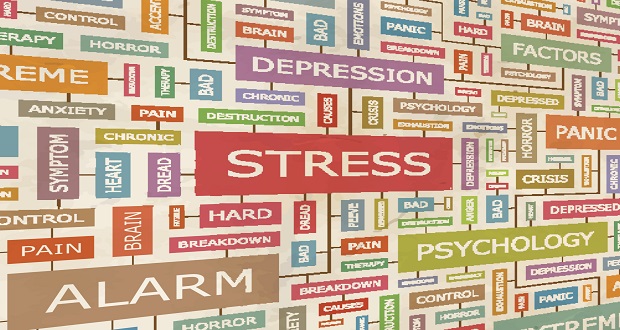
There have been several landmark studies on the impact that racism and discrimination have on one’s health.
These studies also point out that just the threat of being discriminated against or subjected to racist behavior can also trigger responses that are detrimental to one’s physical and mental wellbeing. Stereotype threats work in the same way. When you are consciously or unconsciously aware of a negative stereotype that exists about your group, especially when you are faced with performing in that area, it leads to a number of physiological responses that can have long term negative health implications.
In Claude Steele’s book Whistling Vivaldi, he relates a story of an African American political science student who reported intense symptoms of nervousness, racing mind and lack of confidence about ordinary things in his life as a result of being in a class where he was in the minority. This student’s symptoms were temporary but Steele points out that if you are in a situation over a long period of time it can take its toll.
It is common knowledge that many underrepresented groups are at higher risk for various health issues such as hypertension, diabetes, heart disease, etc., and while the reasons are complex and tied to socio-economics, genetics, access, etc., more and more scientists are admitting that one’s sheer existence as a member of a historically underrepresented group can be damaging to one’s health.
Consider the pressure on an achieving young African American male, perhaps an engineer, who does not fit the stereotype of young African American men as drug dealing, baby making thugs. His family probably has told him how proud they are of him but he may have also heard from his extended community…“you are a credit to your race”. This is the first level of pressure to succeed. Now consider his day to day struggles at work where he is likely one of a few who looks like him and he is feeling the pressure to prove that he is just as capable as his peers.
These subtle and sometimes not so subtle pressures to debunk stereotypes can lead to physical and mental health challenges that in turn lead to lowered productivity and performance.
In a fast-paced, competitive world where everyone is under more pressure to succeed today, women, people of color, LGBT, people with disabilities and others are at an even greater risk to experience the potential negative consequences.
I urge everyone reading this to take care of your health and to not minimize the amount of stress and anxiety that stereotype threats can cause.


















